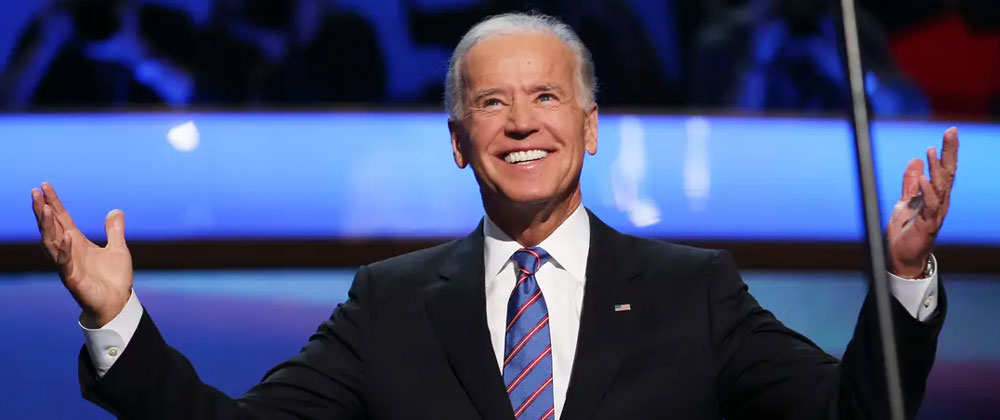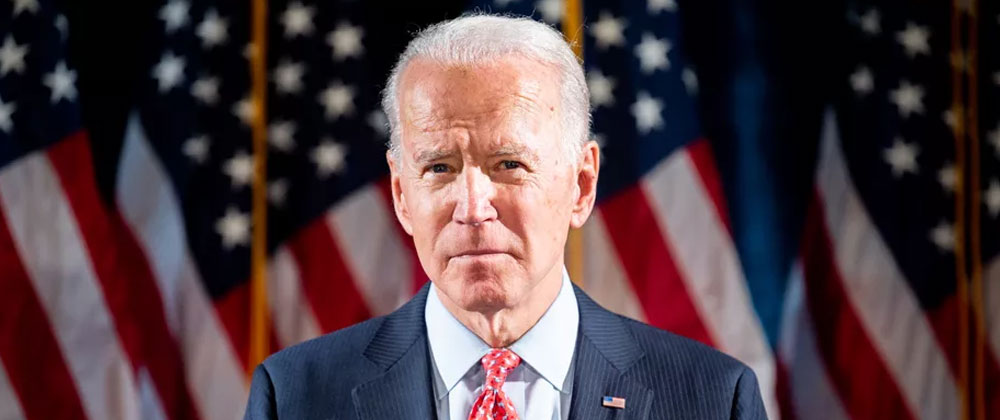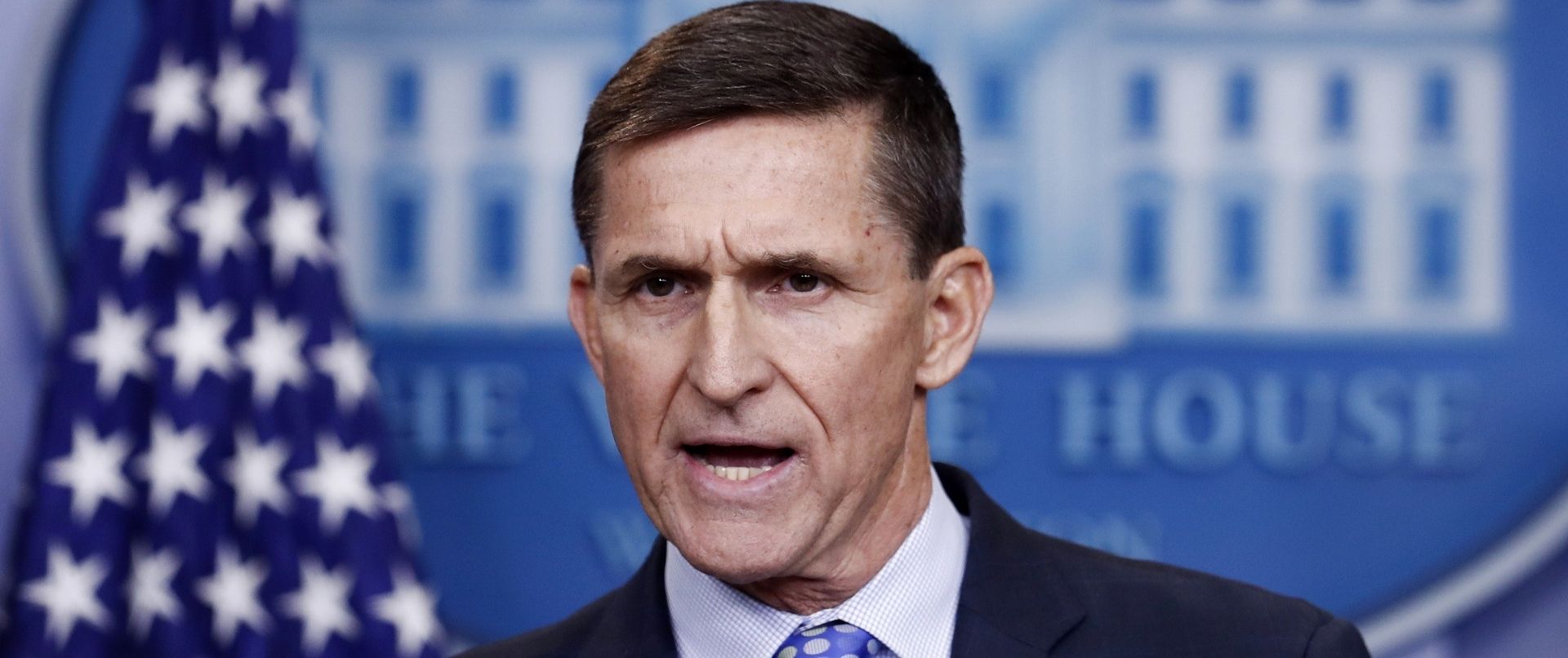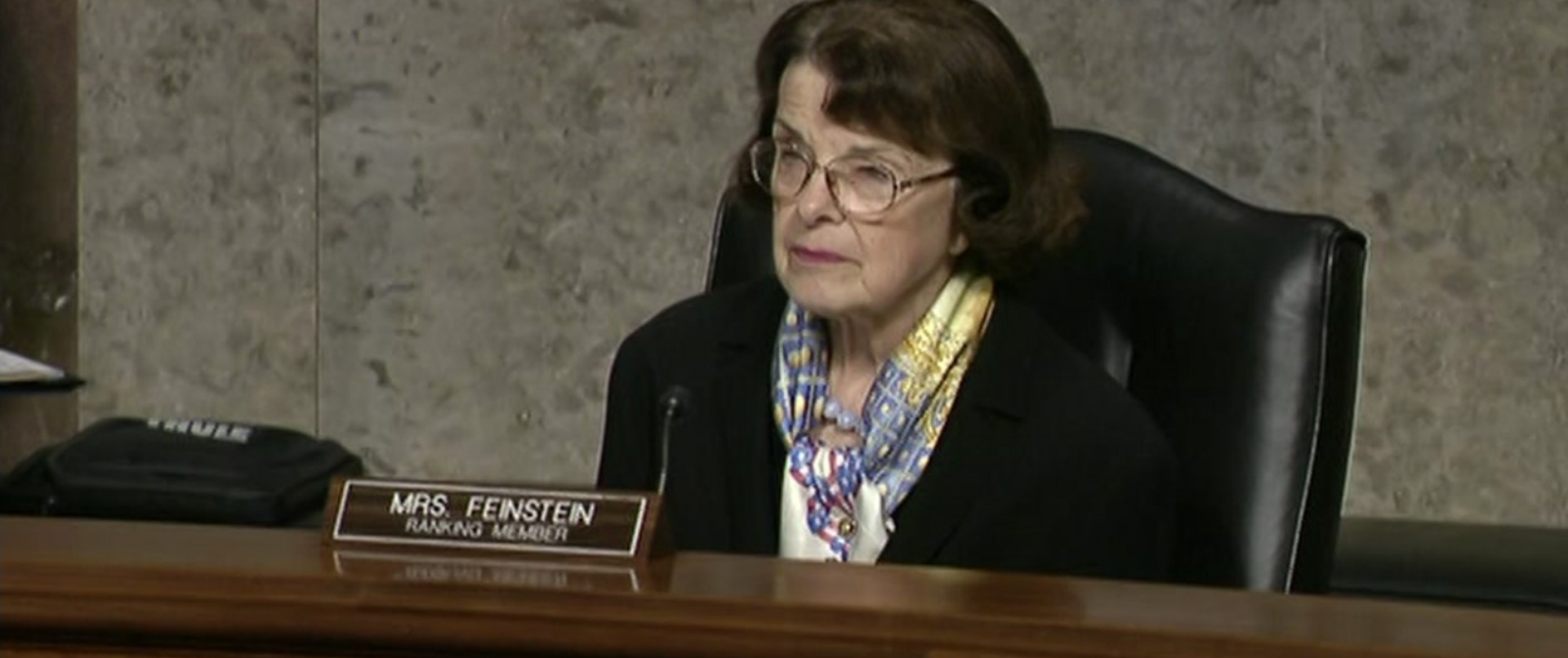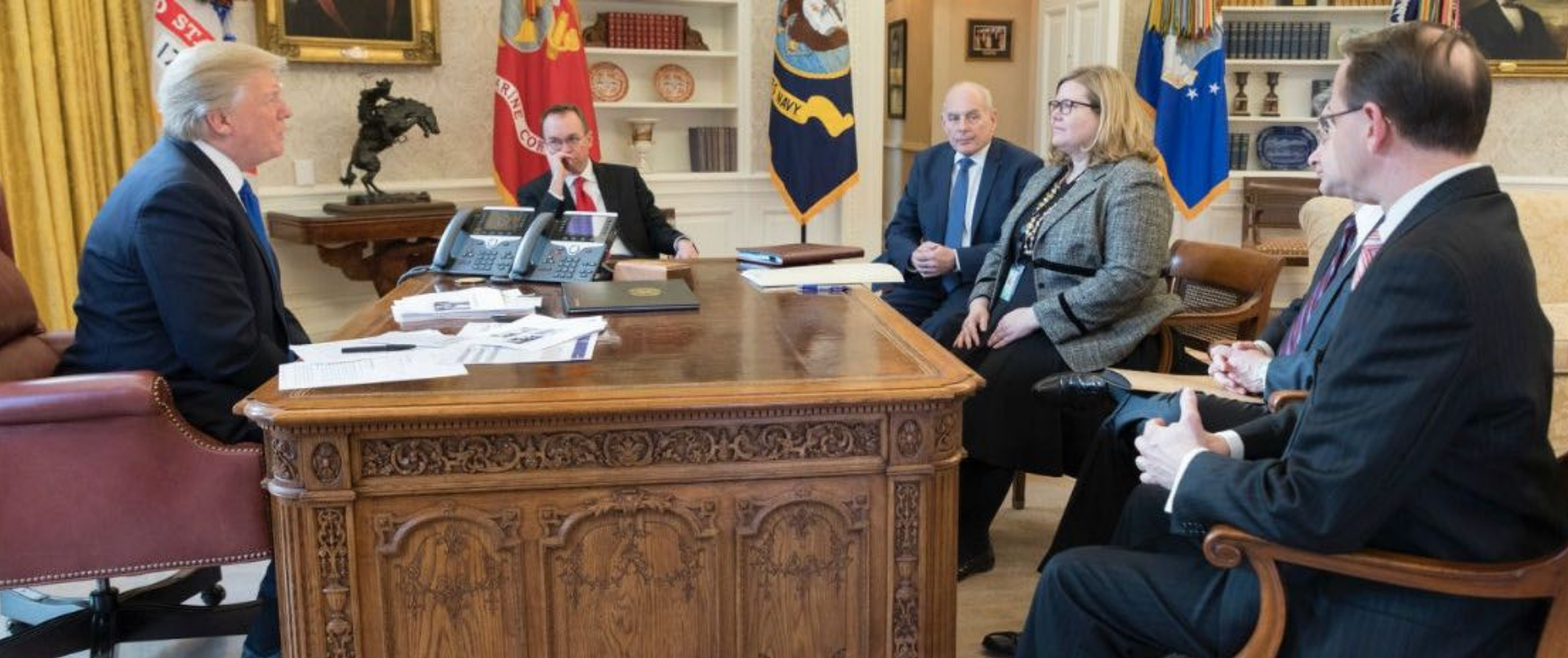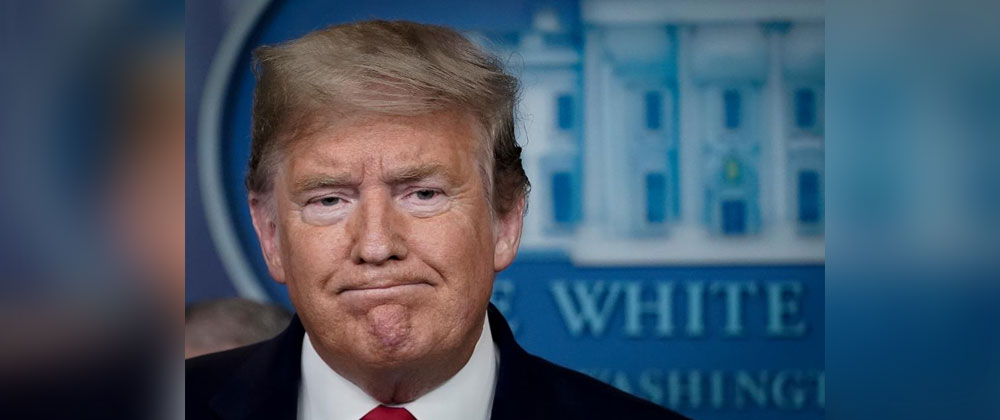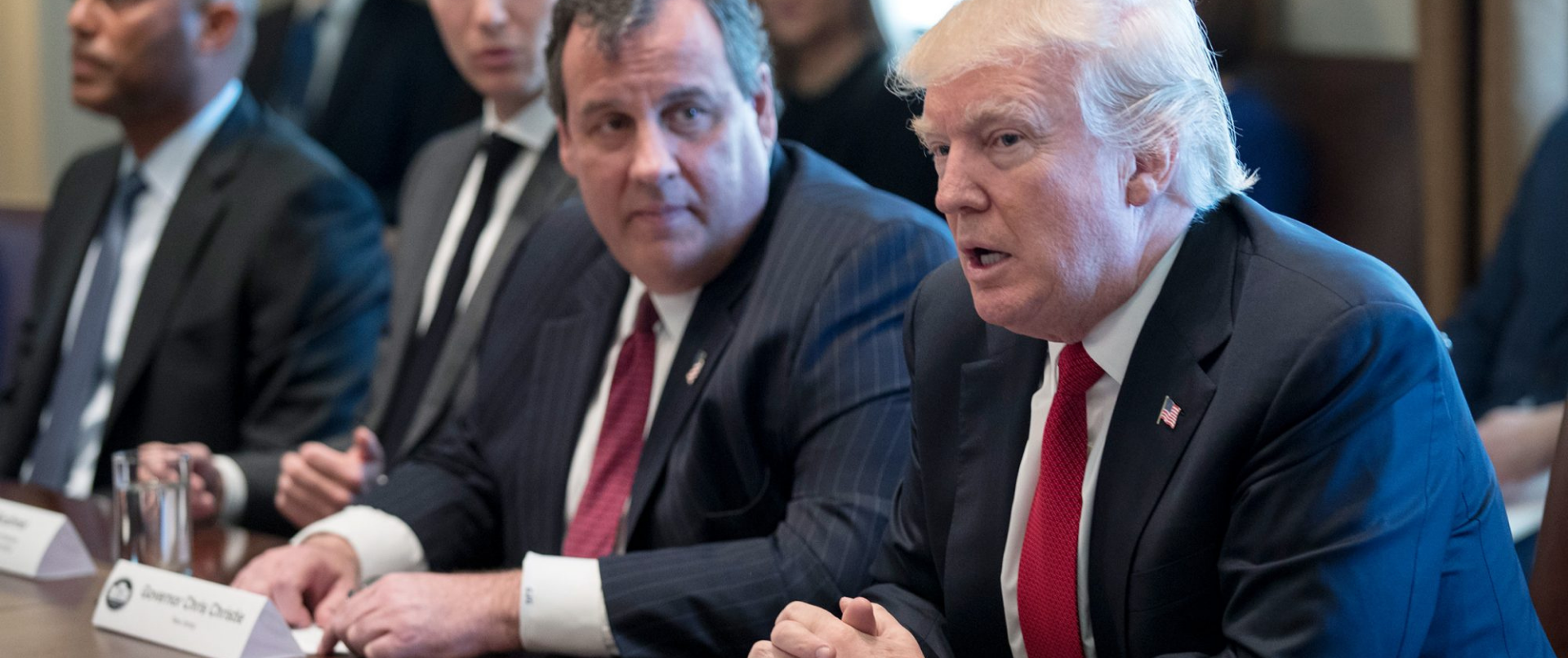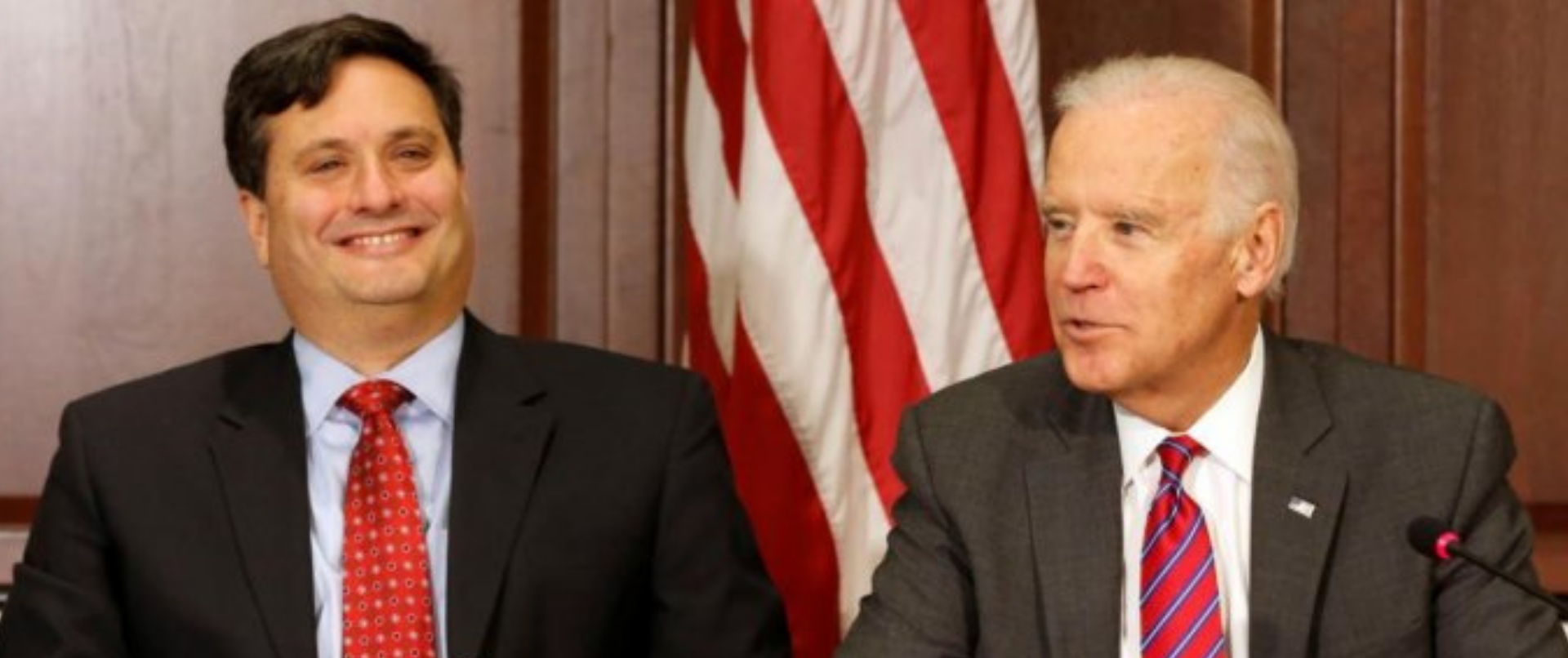How Does A Billionaire Get Away With Paying Only $750 In Federal Income Taxes? The Republican Party Crippled The IRS For Him
A blockbuster story by The New York Times about President Trump’s taxes may have boosted the chances to give the IRS more funding to scrutinize wealthy taxpayers.
The article published Sunday revealed that Trump paid little to no federal income taxes in multiple recent years, and the article explains some of the ways Trump minimized his tax bills. It also reported that, starting in 2010, Trump claimed and received a $72.9 million refund that became the focus of a years-long audit.
President Trump said in a tweet on Monday that he “paid many millions of dollars in taxes but was entitled, like everyone else, to depreciation & tax credits.” It remains to be seen what the ultimate results of the audit will be.
Democrats and tax professionals have long been arguing for more IRS funding after crippling budget cuts that have led to a decline in audit rates. They claim that thearticle highlights the need for the IRS to have more resources for enforcement in order to deter wealthy individuals from going too far with their efforts to reduce their taxes.
Senator Ron Wyden, the top Democrat on the Senate Finance Committee, said in a statement on Sunday that increasing funding for IRS enforcement in order to crack down on wealthy people abusing tax laws “will be one of my top priorities if Democrats retake the Senate.”
Senator Elizabeth Warren is calling for increased IRS enforcement in addition to a wealth tax. She was one of several candidates to call for increased IRS funding during the 2020 Democratic presidential primary.
“To make progressive taxation effective, we need to reverse years of budget cuts to the IRS, significantly increase its funding, and make sure the agency has strong leadership and every tool it needs to go after corrupt businessmen like Trump and make sure they pay their fair share,” she said in a statement to the press.
The article examined Trump’s tax data for 2000 to 2017 and found that the real estate investor and former star of “The Apprentice” did not pay any federal income taxes in 11 of those years. He paid $750 in both 2016 and 2017.
The article reported that Trump has been subject to a years-long tax audit that was triggered by him claiming a multimillion-dollar refund after he applied steep business losses in 2008 and 2009 to previous years’ taxes. The article also details ways that Trump was aggressive with what he has written off as business expenses, including more than $70,000 for hair-styling costs during “The Apprentice.”
Tax experts are of the opinion that the Times article underscores the importance of IRS funding for enforcement and the challenges the agency has faced due to budget cuts.
The IRS budget was slashed during the early part of the 2010s, amid criticism of the agency from congressional Republicans. According to a report issued earlier this year by the Taxpayer Advocate Service, the IRS’s budget was cut by about 20 percent from fiscal 2010 to fiscal 2019 after adjusting for inflation.
The decline in funding meanta reduction in the IRS’s workforce and a decline in the percentage of returns that are audited.
“For the past decade, the IRS has seen an increase in the number of returns filed as well as a decrease in resources available for examinations,” the agency said in its fiscal 2019 data book. The agency historically presented data on audit rates based on the assumption that most audits completed in one fiscal year were for returns filed in the previous calendar year, but due to the increase in tax filings and the decline in the agency’s workforce, “this relationship no longer holds.”
Chuck Marr, senior director of federal tax policy at the left-leaning Center on Budget and Policy Priorities, said that while Trump is under audit, many other wealthy individuals aren’t. He added the length of Trump’s audit demonstrates how time- and resource-intensive audits of wealthy individuals and corporations can be and that the IRS needs to have more resources so that it isn’t outgunned by the lawyers of those it wants to investigate.
“The IRS needs to be rebuilt,” he said.
Tax professionals also argued that tax enforcement is important to dissuade people from attempting to skirt their obligations.
Daniel Shaviro, a tax professor at New York University School of Law, said taxpayers have to feel like there will be consequences if they cheat on their taxes: “There has to be enough of it, just to know that it’s there.”
Kyle Pomerleau, a resident fellow at the right-leaning American Enterprise Institute, said it’s not clear that any changes to the income tax code would significantly change how much Trump would pay in taxes but that it’s important to have an IRS that is capable of determining whether or not Trump’s actions were legitimate.
“My big takeaway is on the enforcement side: That we want an IRS that can determine whether there is economic substance to the transactions that he is claiming on his tax returns,” he said.
While much of the push in recent years to increase funding for IRS enforcement has come from Democrats, the idea does have some bipartisan support. Trump’s budget proposals, like those of former President Obama, called for more funds for IRS enforcement.
But some conservatives have expressed concerns that the IRS could abuse its power when conducting enforcement.
Representative Bill Pascrell, the chairman of the House Ways and Means Oversight Subcommittee, said the Trump administration’s refusal to provide House Democrats with the president’s tax returns can’t be separated from Republicans’ work in cutting IRS funding.
“It is because of Republicans’ deliberate vandalism to this agency that tax cheats and scofflaws are able to avoid accountability,” he said. “One of our priorities next year will be funding the IRS so it can again audit tax cheats like Donald Trump.”
Janet Holtzblatt, a senior fellow at the Urban-Brookings Tax Policy Center, cautioned that it could take several years after the IRS sees any funding boost for there to be an impact on audit rates.
“The IRS needs more funding, but don’t expect immediate effects because of the time it takes to hire and train new auditors who can handle these types of complicated tax returns,” she said.



